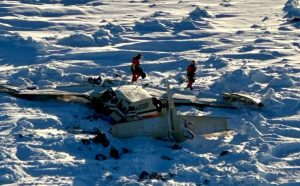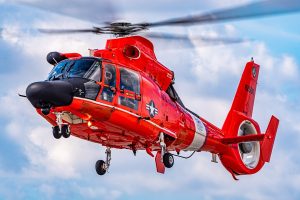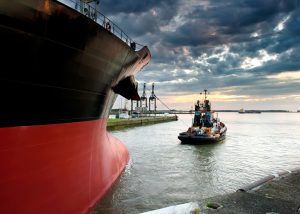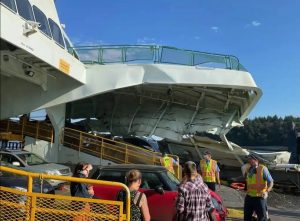Remains of 10 Victims Recovered from Alaska Plane Crash Wreckage
 A single-engine turboprop Cessna Caravan, operated by Bering Air, was en route from Unalakleet to Nome on Thursday February 6th, 2025, when it vanished from radar. It was a regularly scheduled commuter flight. The aircraft went missing about 30 miles southeast of Nome, with contact lost less than an hour after departure.
A single-engine turboprop Cessna Caravan, operated by Bering Air, was en route from Unalakleet to Nome on Thursday February 6th, 2025, when it vanished from radar. It was a regularly scheduled commuter flight. The aircraft went missing about 30 miles southeast of Nome, with contact lost less than an hour after departure.
The aircraft “experienced some kind of event which caused them to experience a rapid loss in elevation and a rapid loss in speed” said U.S. Coast Guard Lt. Commander Benjamin McIntyre-Coble in a statement.
Search efforts intensified on Friday, with rescuers locating the wreckage after an extensive operation involving local, state, and federal agencies. The plane was found by helicopter, and crews began racing to recover the wreckage and the remains of the victims on Saturday, braving anticipated snow and high winds.
 Maritime Injury Law Blog
Maritime Injury Law Blog










